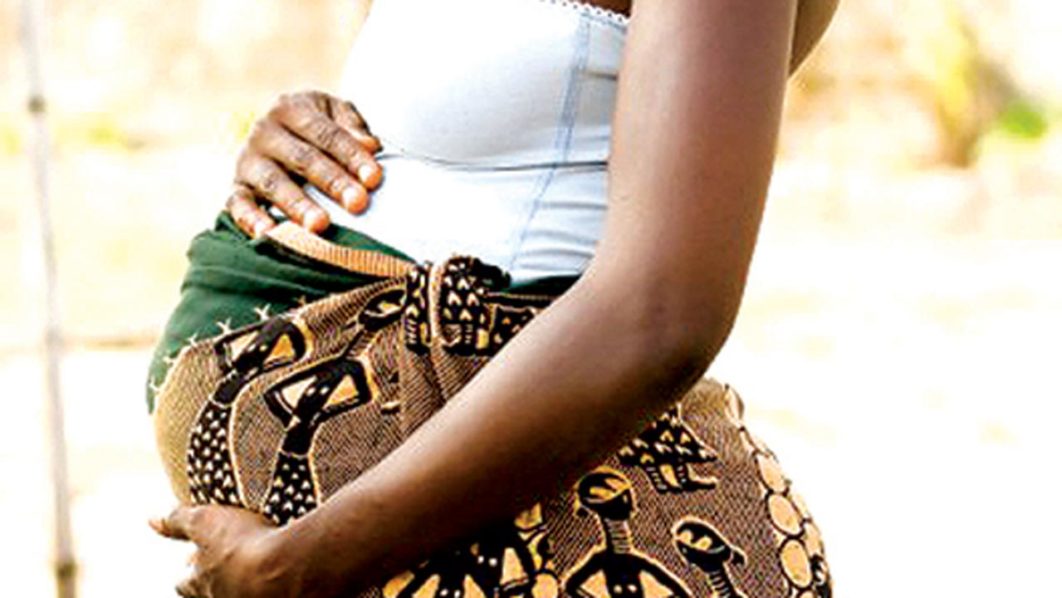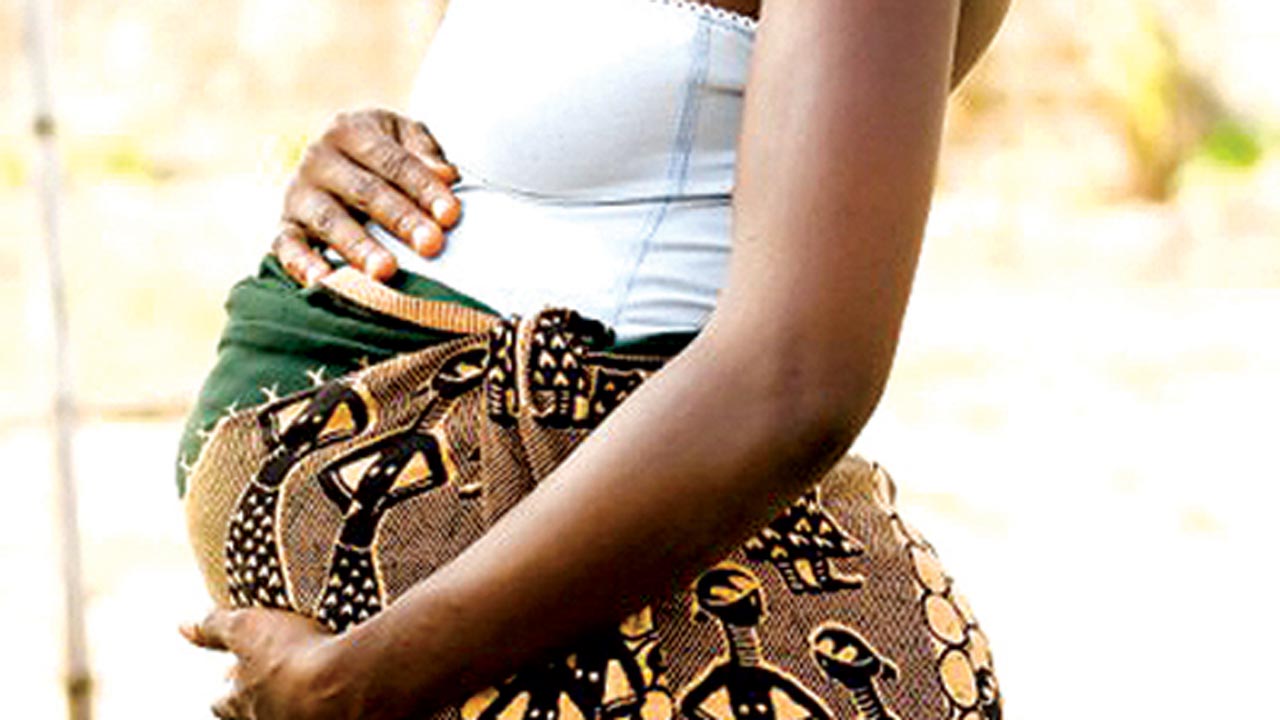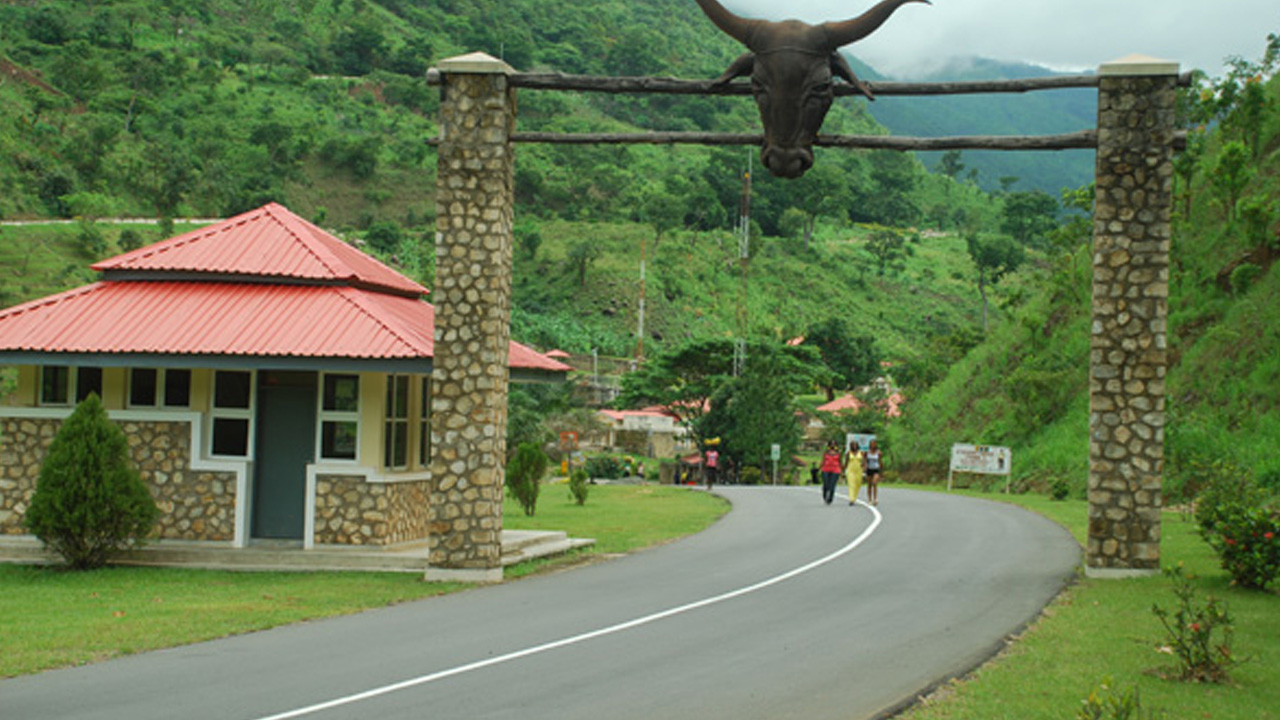
The medical initiative launched by the federal government to provide free caesarean sections for women in need represents a serious step aimed at addressing a protracted healthcare problem that has cost many underdeveloped countries, including Nigeria, many precious innocent lives. In this country, many women had been victims of poverty-induced patronage of unqualified medical personnel or quacks, while seeking child delivery due to complications which were best done through caesarean section.
That the government is taking practical steps to stem this unfortunate practice is long due but welcome, given that many women are still potential victims of avoidable maternal mortality. The Federal Ministry of Health should take this initiative beyond theory, and even seek government involvement at state and local government levels and the private sector to give succour to millions of hapless women and their families.
Nigeria faces a critical challenge with high maternal mortality rates, standing as the fourth highest globally, with 1,047 deaths per 100,000 live births. This grim statistic is often attributed to limited access to essential medical interventions, particularly emergency caesarean sections, which many expectant mothers, especially those in rural areas, cannot afford. Also, it partly accounts for why, in Nigeria, the story of childbirth is too often marred by tragedy. Essentially, the nation grapples with alarmingly high maternal mortality rates, a crisis that demands urgent and innovative solutions.
It is heart-warming that the Nigerian government has launched an initiative to provide free caesarean sections for women in need, marking a significant step towards reducing maternal mortality in the country. The Coordinating Minister of Health and Social Welfare, Prof. Muhammad Pate said while launching the “Maternal Mortality Reduction Innovation Initiative” (MAMII) in Abuja.
The free caesarean section targets poor and vulnerable women who meet specific eligibility criteria. It will cover services provided through both public and private facilities empanelled by the National Health Insurance Authority (NHIA). The NHIA, in collaboration with the National Primary Health Care Development Agency and state health insurance agencies, will manage the reimbursement process to ensure the initiative’s sustainability.
This free C-section initiative in Nigeria marks a significant step towards reducing maternal mortality in the country, and it is a beacon of hope that signals a transformative stride towards a future where no woman loses her life while bringing new life into the world. The initiative addresses Sustainable Development Goal (SDG) 3.1, which aims to reduce the global maternal mortality ratio to less than 70 per 100,000 live births by 2030 and also exemplifies a commitment to prioritising the health and well-being of Nigerian citizens.
The free caesarean section initiative removes financial barriers and ensures that women in need receive timely surgical intervention, reducing the risk of complications and death. As such, the initiative directly tackles a significant contributor to maternal mortality – the inability to afford emergency obstetric care. This approach aligns with the WHO’s emphasis on affordable, quality maternal and newborn services.
This initiative, if well implemented, can contribute directly to SDG 3.1 by reducing maternal mortality. Indirectly, it supports other SDGs, such as SDG 5 (Gender Equality) by empowering women and ensuring their right to quality healthcare; and SDG 1 (No Poverty) by alleviating the financial burden associated with childbirth for vulnerable families.
Therefore, the free caesarean section initiative is a commendable first step, but sustained commitment and collaborative effort are needed to achieve a lasting impact. The government, healthcare workers, international organisations, and individuals must work together to strengthen the healthcare system, address socio-cultural barriers, and empower women to make informed decisions about their health.
Importantly, the free caesarean section initiative, being aimed at reducing maternal mortality and morbidity, can be leveraged further by strengthening primary healthcare to improve the accessibility, affordability, and quality of care in Primary Health Care Centres (PHCs) because PHCs can serve as the first point of contact for pregnant women, providing essential antenatal care, family planning services, and referrals for specialised care when needed.
It is equally important to invest in skilled healthcare workers through training and deployment of more skilled healthcare workers to rural areas, particularly; not discounting incentivising skilled birth attendants to work in underserved communities to help bridge the gap in access to quality maternal care.
Furthermore, there is a need to promote behaviour change needed for improved access to free caesarean sections, it is crucial to engage community and traditional leaders to help raise awareness about the importance of antenatal care, skilled birth attendance and facility-based deliveries because evidence suggests that community-based strategies have proven effective in enhancing the uptake of maternal and child health services.
Similarly, male engagement is important because promoting male involvement through community education can foster a supportive environment for pregnant women and encourage them to seek antenatal care and skilled birth attendance.
Furthermore, implementing conditional cash transfers (CCTs) to incentivize facility-based deliveries can further reduce financial barriers and encourage women to seek professional medical assistance during childbirth; and exploring innovative transportation options, such as mobile ambulances or community-based transportation networks, can help overcome geographical barriers and ensure that women in remote areas can access timely obstetric care, in particular the free caesarean section.
Finally, the Nigerian government may do well to establish a programme to monitor the maternal mortality rate, in order to assess the effectiveness of implemented policies and the MAMII interventions. This data-driven approach can inform evidence-based decision-making and ensure that resources are allocated efficiently to eradicate maternal mortality in Nigeria.
All said, by investing in maternal health, we invest in the future of our nation. So, it is time to ensure that every woman has access to safe, affordable and quality maternal care, so they can experience the joy of motherhood without risking their lives. Let the Nigerian government at all levels seize the opportunity of MAMII to transform the narrative of childbirth in the country, and the time to act is now!






